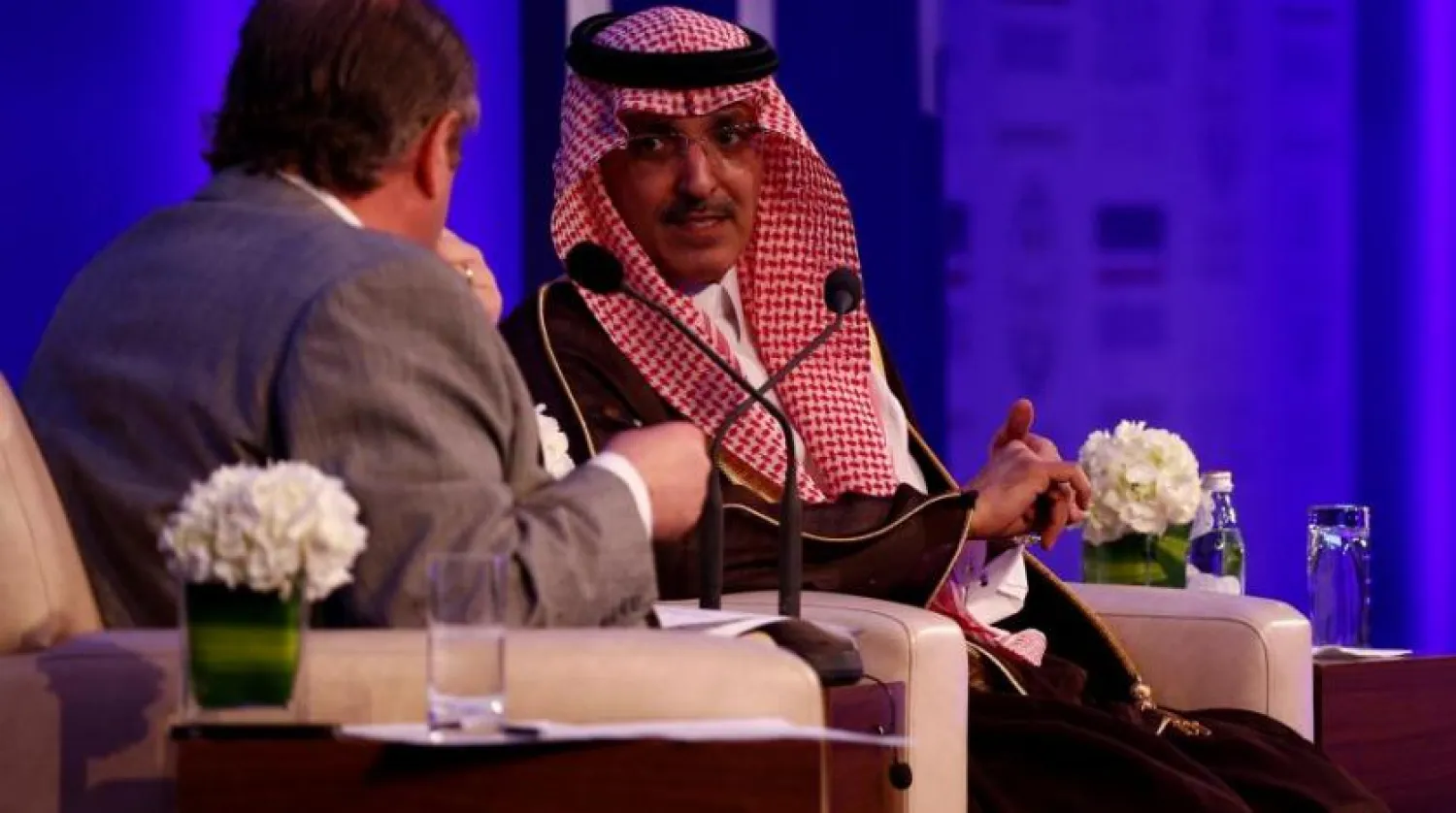Saudi Finance Minister Mohammed bin Abdullah Al-Jadaan said in a speech on the occasion of the 88th anniversary of the Saudi National Day that the positive economic indicators have proved the importance of the structural reforms that the Kingdom has undertaken.
He pointed out that this year’s national day coincided with a number of achievements in support of economic growth, with the economic indicators highlighting positive structural reforms thanks to the wise leadership that enabled the Saudi economy to address the challenges.
“Today, we live in an important phase of the development process; we are moving towards the horizons of glory, in accordance with an ambitious vision that is the Kingdom’s Vision 2030,”
Jadaan stated.
These positive assurances come as recent figures published in the 54th annual report of the Saudi Arabian Monetary Agency (SAMA) highlighted the strength of the Kingdom’s financial sector, with the figures showing the growth of local banks’ capital and reserves by 6.3% in 2017.
According to the same report, the Saudi economy registered a number of positive indicators, notably the non-oil GDP growth of 1.05% and the current account surplus of SAR57.1 billion ($ 15.2 billion) in 2017.
The report revealed that the total assets of commercial banks increased by 2.2% to reach more than two trillion riyals ($ 533.3 billion). The capital and reserves of local banks increased by 6.3% to reach SAR318 billion ($ 84.4 billion).
Saudi Arabia - one of the 20 most powerful economies in the world - has played a key role in energy markets over the past years. The Kingdom is among the top countries that achieve balance in providing oil, which has helped stimulate the global economy towards more production and manufacturing processes.
The Saudi economy has recorded in 2018 the highest spending budget in the country’s history that exceeded one trillion riyals ($266.6 billion).
With regards to the Saudi budget for 2018, the financial performance indicators of the general budget for Saudi Arabia for the first half of the current year showed that the total revenue amounted to about SAR439.8 billion ($117.2 billion), an increase of 43% compared to the same period last year.









